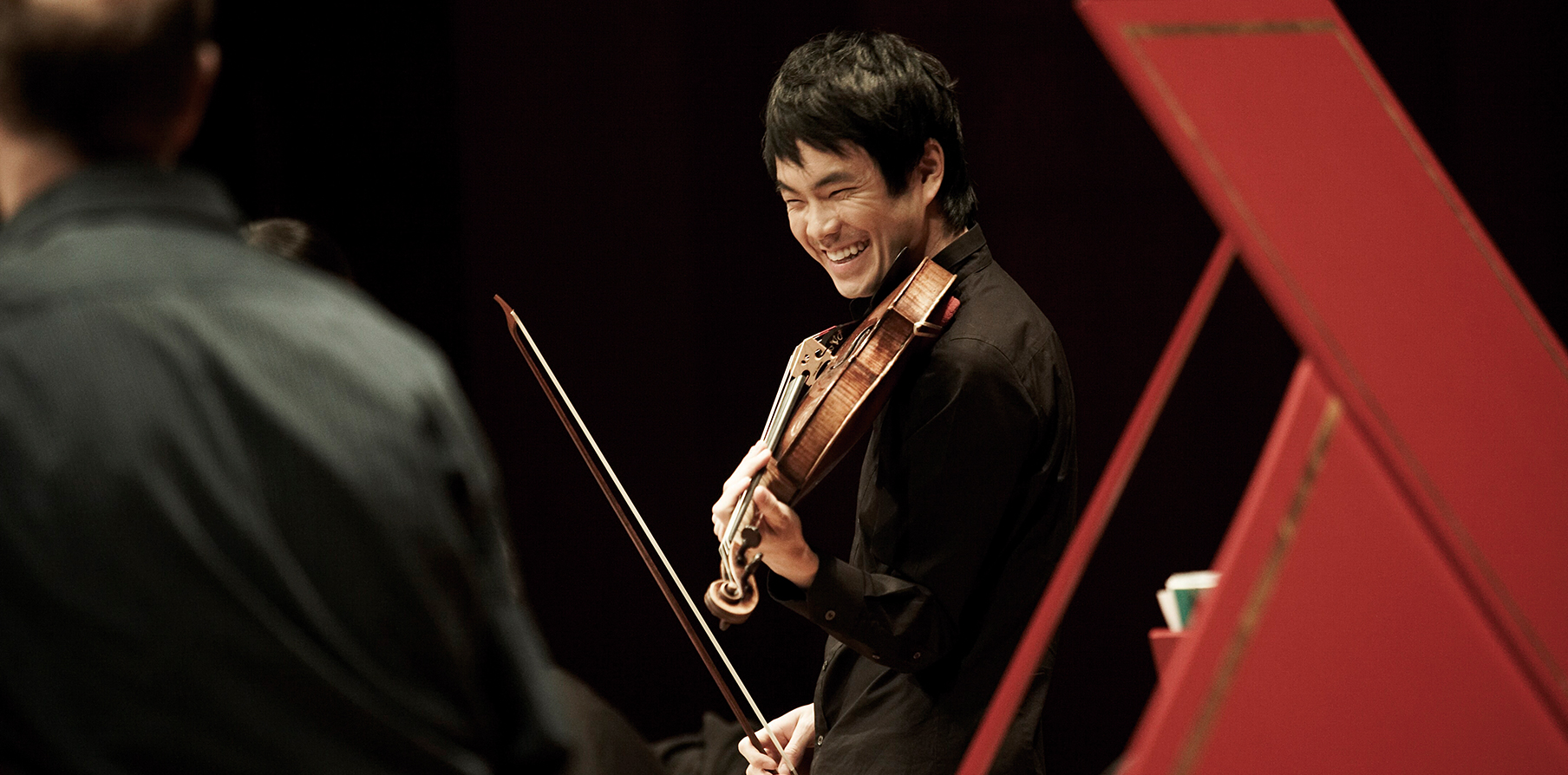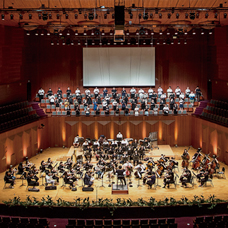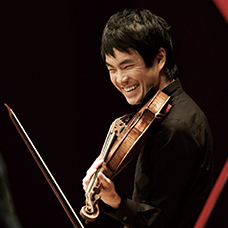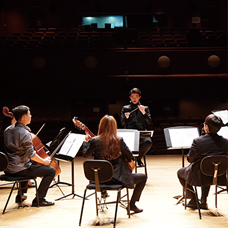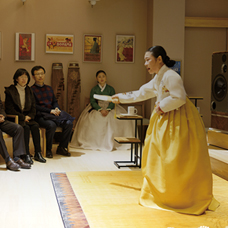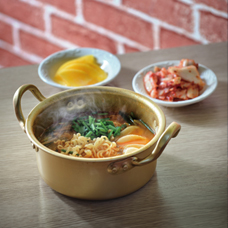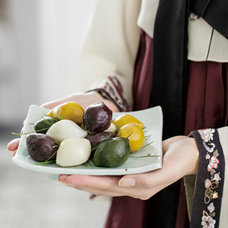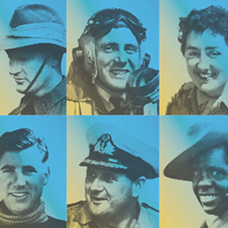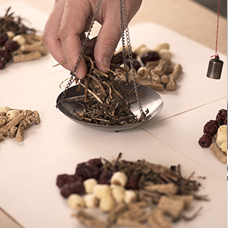Interview
Grateful to Be Alive
Viola Virtuoso
Though all accomplished musicians have grit, Richard Yongjae O’Neill has endured more turmoil than most. Despite a tough and tortured childhood, the viola virtuoso told KOREA magazine that he remains “always grateful to be alive.” “Gratitude is at the center of my being and I’m so happy to be alive, as well as be able to share music with others,” he said.
Written by• Kim Jane
Photo courtesy of• Credia
Classical music has lost much of its popularity despite being more accessible nowadays. The viola is also often overshadowed among Korean musicians by more popular string instruments like the violin or the cello.
However, O’Neill’s success with the viola required overcoming considerably more than the aforementioned obstacles. The son of a mentally disabled mother who was a Korean War orphan, he was raised by her white foster parents in the U.S. state of Washington. He never knew his late white father, who was also mentally disabled like his mother, and grew up in a household of lesser financial means.
Despite these negative factors, he found solace in classical music and achieved what few professionals in the genre have: commercial success. Tickets for his concerts and appearances often sell out, and his solo albums have sold more than 200,000 copies. As a recording artist of the label Deutsche Grammophon, he has produced multi-platinum albums and is the first and only violist to receive the Artist Diploma from The Juilliard School.
O’Neill has also dabbled in crossover genres with mainstream appeal. His collaborations with K-pop include selections in the soundtrack of TV series “Mr. Sunshine,” “See You Again” with Baek Jiyoung and “Mr. Sunshine” with Nam Hye Seung and Park Sang Hee. He also provided music for the 2015 Korean film “The Himalayas.”
Experience & Empathy
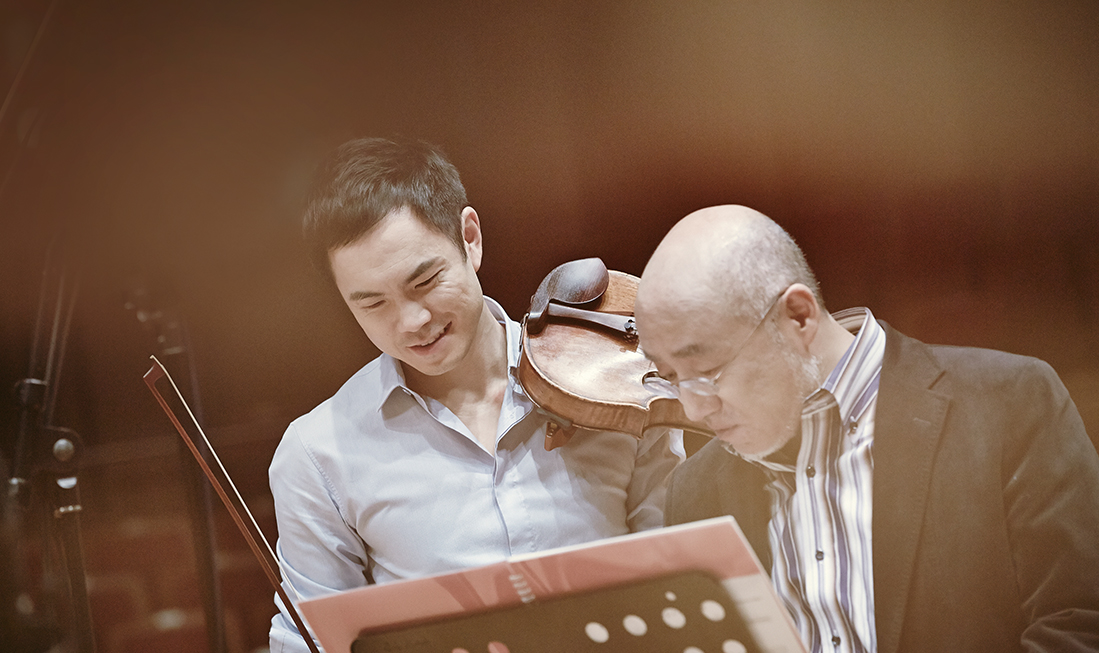
Mentorship is an integral part of a musician’s professional and artistic growth. © Studio Bob
“Living in many places has shaped me very much,” said O’Neill, who added that his multicultural experiences have taught him the importance of always remaining flexible and keeping an open mind.
As a child, he said he felt like an outsider, which made him appreciate many types of people and become “a listener and an empathetic individual.” “Even as a soloist, you’re still making music with others, so in essence, it’s chamber music as well,” he added.
O’Neill described the process of making music as “having conversations with other musicians,” saying, “Art of all genres is a universal language or medium that transcends language to communicate the intangible.”
As a performer, teacher and ensemble member, O’Neill is a skilled communicator who values interpersonal dialogue. He said he learned so much from his students, adding, “I’m honored to be in the role of a teacher.”
Promoting Classical Music
O’Neill is constantly seeking to share his talent and knowledge as well as the charms of classical music. To broaden the genre’s reach, he wrote an anecdotal essay collection published in Korea titled “Richard Yongjae O’Neill’s Empathy: Ditto.”
His efforts to expand the appeal of classical music are shown by his 12-year stint as musical director of the ensemble Ditto and directing the Ditto Festival (2007-19). The experimental chamber group sought to bring a fresh repertoire for audiences unfamiliar with classical music, and the festival featured rising talent in 130-plus performances. Such projects have served to extend classical music’s fan base to a younger demographic.
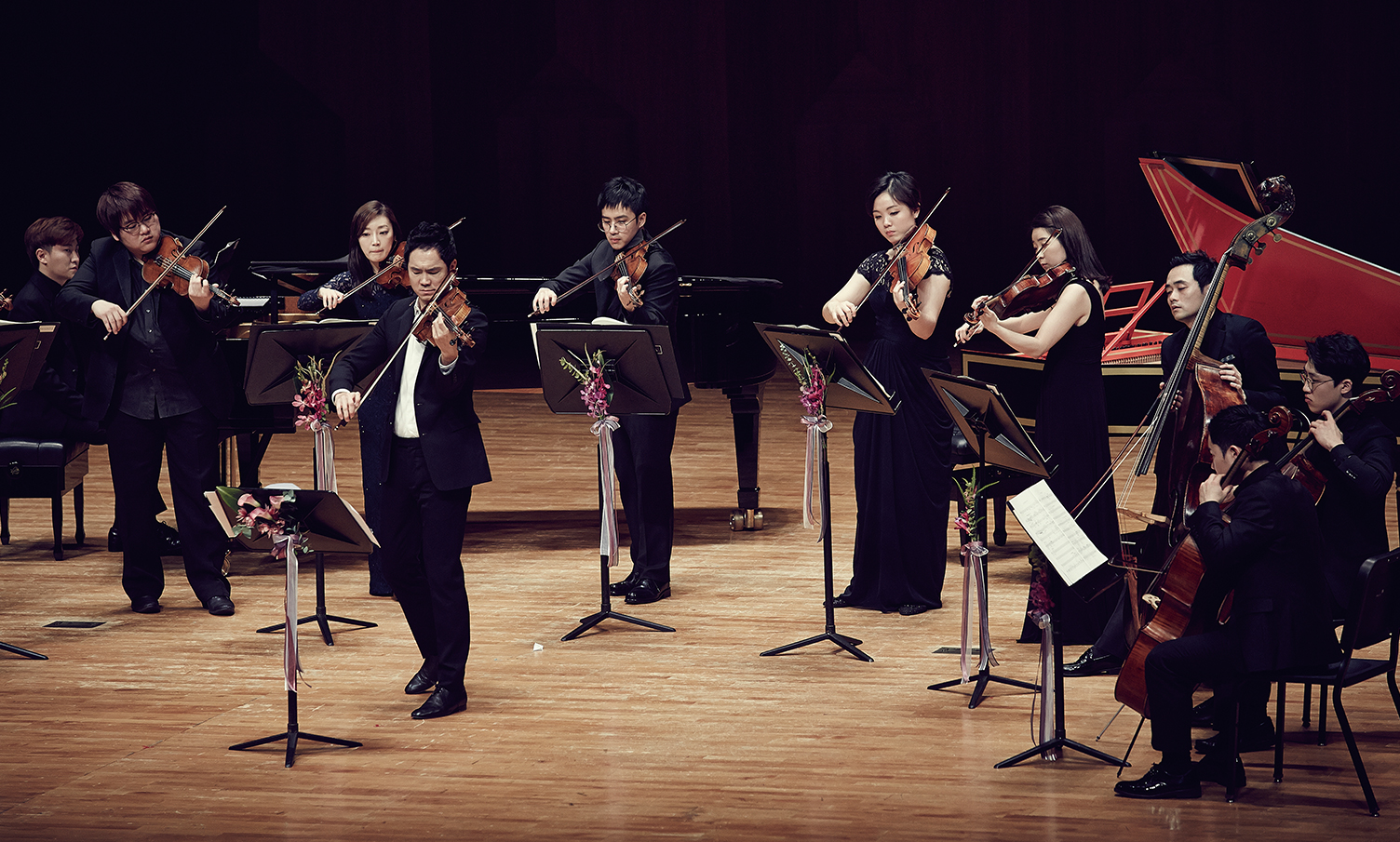
Violist extraordinaire Richard Yongjae O’Neill performs with a string ensemble. © Studio Bob
Love for Motherland
“Seoul is one of my favorite places to be in the world,” the virtuoso said, citing “the mix of history and the constantly new things coming into the city” in addition to its food and entertainment scene. In his most recent trip to Korea in May, O’Neill held a concert at Myongji Hospital in Goyang, Gyeonggi Province, despite the precarious COVID-19 situation at the time. The following month, he joined Cheong Wa Dae at the 65th annual Memorial Day ceremony, where he played Dvorak’s “Going Home.”
On how he has fared during the pandemic, O’Neill said, “The coronavirus has highlighted that we really need each other as a society. Speaking for myself, I miss interacting between my audience and myself, and there’s no substitute for playing for a live audience.” He also advised people to hang in there despite tough times, saying, “Roll with the punches. Always be willing to accept whatever change happens.”
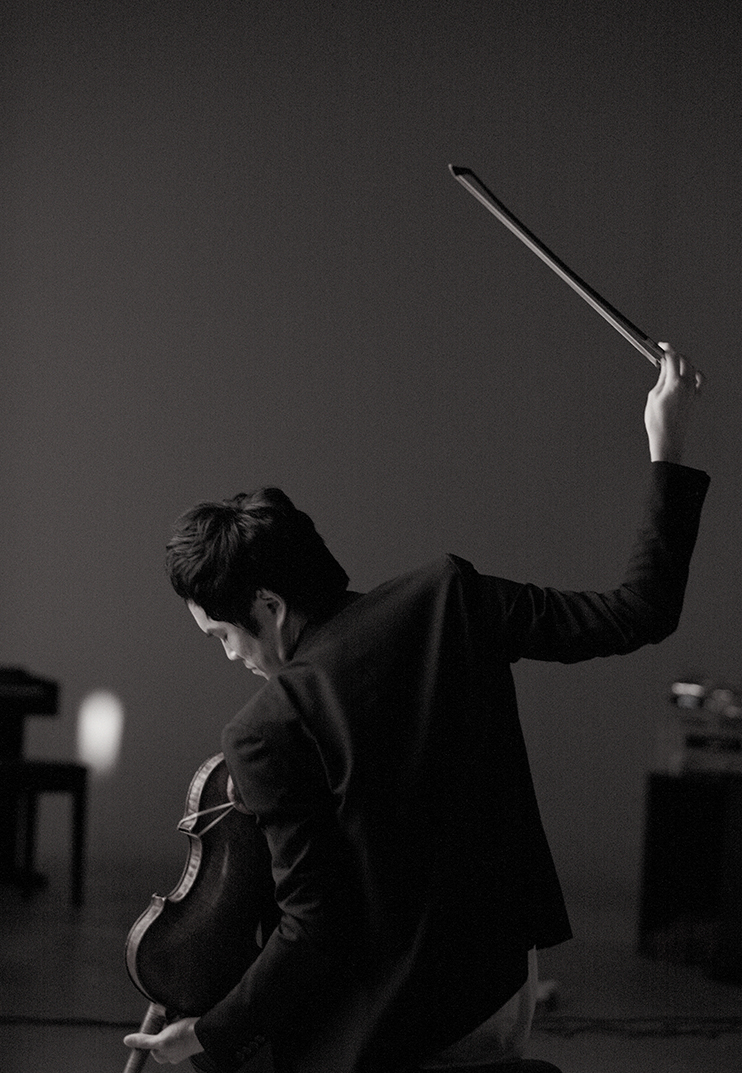
© Kang Youngho


